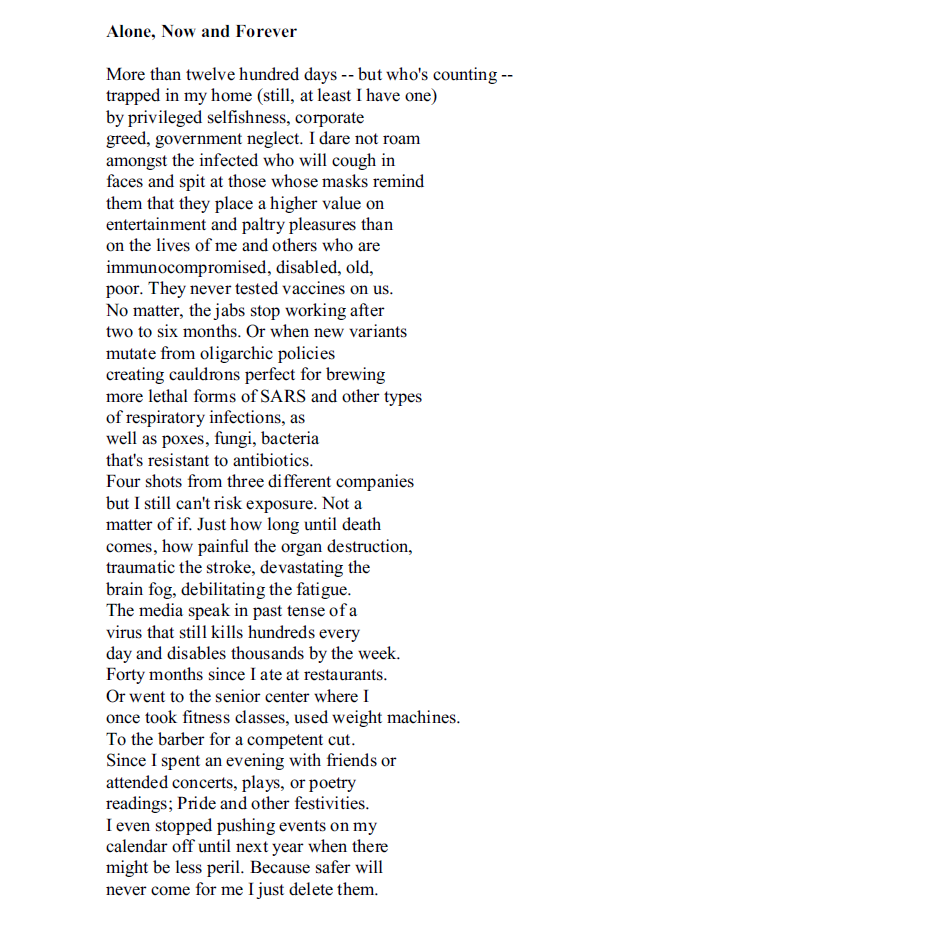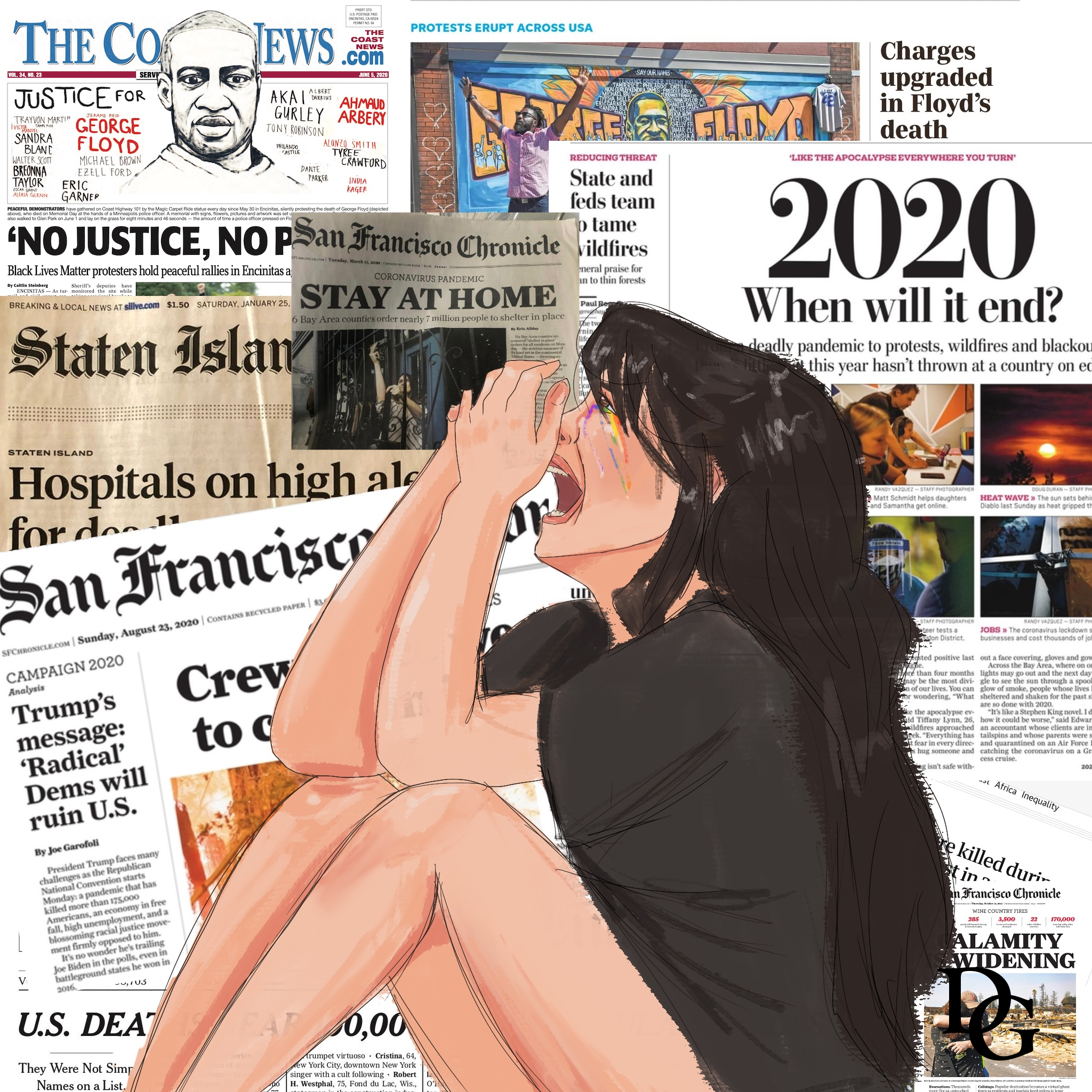Audio Story by Muhindo M.
English Translation
My name is Muhindo M. I am here today to talk about COVID-19. It’s a disease called COVID-19 or Corona. It’s a disease that shook the whole world. People could not even leave their house, even companies, stores and schools were closed. Going out shopping, kids going to school and going to the store all stopped. We could not even have normal greetings like shaking hands. All people had to wear masks in the country. Traveling, even using public transportation was a problem. I remember even coming from Africa to us was not possible because every place was closed .People had to be separated if one person was sick. We would like to thank the government because it helped out. Now things are under control and there is medication and vaccines which ended up helping out. We just hope that this disease will not come back again and again. We thank God for the government. We ask that you [the government] help us again if it [COVID-19] comes back again. However, we are hoping that this will never come back again, because now our lives are back to normal. We can go to different places without fear ,we can even travel from Africa to the U.S.A and the other way round and even travel to Australia and other places. We can even go to schools ,go to the stores and best of all to church and everywhere else that we want .We pray to God almighty to help us out so that we don’t have this issue again.
Swahili Transcription
Naitwa Muhindo. M. Niko hapa leo kuzungumza kuhusu COVID-19. Ni ugonjwa unaoitwa COVID-19 au Corona. Ni ugonjwa uliotikisa dunia nzima. Watu hawakuweza hata kuondoka nyumbani kwao, hata kampuni, maduka na shule zilifungwa. Kwenda nje ya ununuzi, watoto kwenda shule na kwenda dukani wote waliacha. Hatukuweza hata kuwa na salamu za kawaida kama kupeana mikono. Watu wote walilazimika kuvaa barakoa nchini. Kusafiri, hata kutumia usafiri wa umma lilikuwa tatizo. Nakumbuka hata kutoka Afrika kuja kwetu haikuwezekana maana kila sehemu ilikuwa imefungwa .Ilibidi watu watenganishwe ikiwa mtu mmoja anaumwa. Tunapenda kuishukuru serikali kwa sababu imetusaidia. Sasa mambo yamedhibitiwa na kuna dawa na chanjo ambazo ziliishia kusaidia. Tunatumahi kuwa ugonjwa huu hautarudi tena na tena. Tunamshukuru Mungu kwa serikali. Tunaomba utusaidie tena ikiwa itarudi tena. Walakini, tunatumai kuwa hii haitarudi tena, kwa sababu sasa maisha yetu yamerudi kawaida. Tunaweza kwenda sehemu mbalimbali bila woga, tunaweza hata kusafiri kutoka Afrika hadi U.S.A na kwa njia nyingine na hata kusafiri hadi Australia na maeneo mengine. Tunaweza hata kwenda shuleni, madukani na bora zaidi kwenda kanisani na kila mahali tunapotaka. Tunamwomba Mungu Mwenyezi atusaidie ili tusipate suala hili tena.

